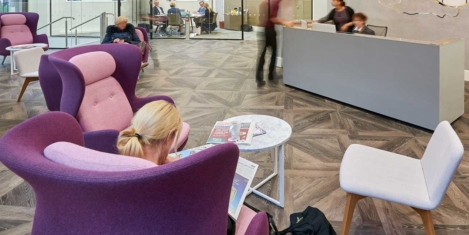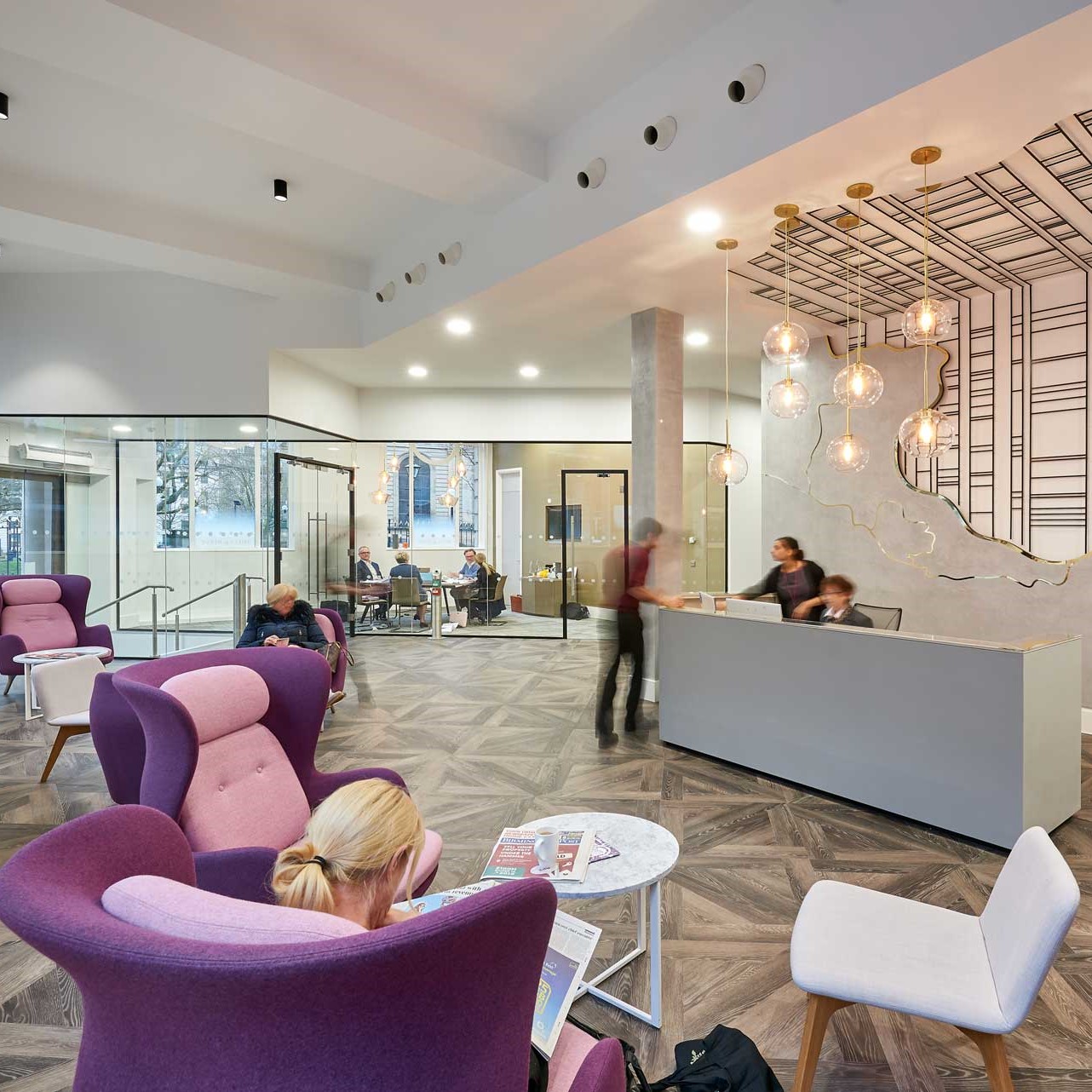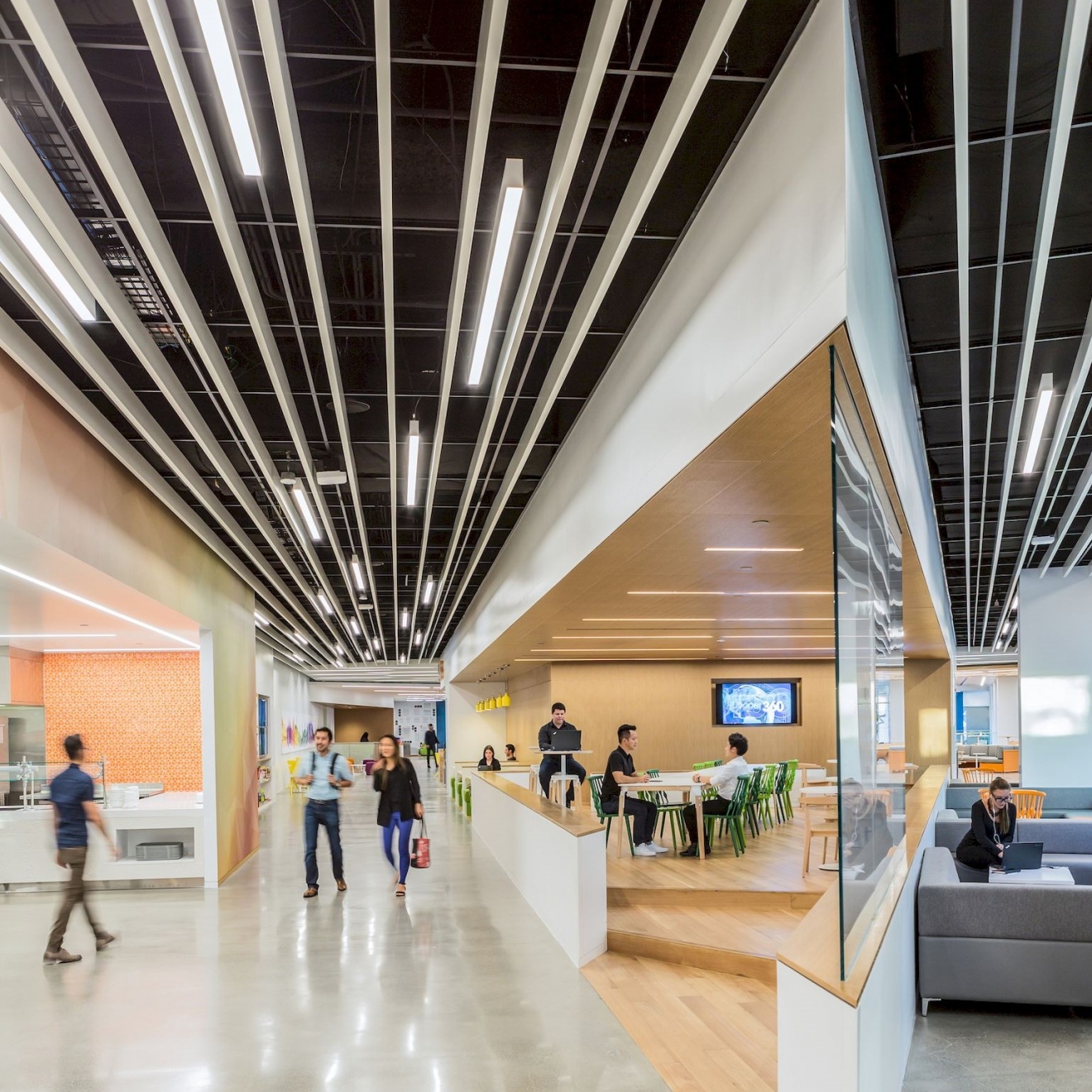To provide the best experiences, we use technologies like cookies to store and/or access device information. Consenting to these technologies will allow us to process data such as browsing behaviour or unique IDs on this site. Not consenting or withdrawing consent, may adversely affect certain features and functions.
The technical storage or access is strictly necessary for the legitimate purpose of enabling the use of a specific service explicitly requested by the subscriber or user, or for the sole purpose of carrying out the transmission of a communication over an electronic communications network.
The technical storage or access is necessary for the legitimate purpose of storing preferences that are not requested by the subscriber or user.
The technical storage or access that is used exclusively for statistical purposes.
The technical storage or access that is used exclusively for anonymous statistical purposes. Without a subpoena, voluntary compliance on the part of your Internet Service Provider, or additional records from a third party, information stored or retrieved for this purpose alone cannot usually be used to identify you.
The technical storage or access is required to create user profiles to send advertising, or to track the user on a website or across several websites for similar marketing purposes.
 Microsoft Japan has announced the results of its four day work week trial, and claims the move increased productivity by almost 40 percent. The trial of the four day week, named the “Work-Life Choice Challenge Summer 2019” saw around 2,300 employees given five successive Fridays off, with no reduction in salary and no days taken from annual leave. The project also included an offer of subsidised holidays and further education opportunities. Microsoft claims that the increase in productivity was largely attributable to shorter and more efficient meetings. (more…)
Microsoft Japan has announced the results of its four day work week trial, and claims the move increased productivity by almost 40 percent. The trial of the four day week, named the “Work-Life Choice Challenge Summer 2019” saw around 2,300 employees given five successive Fridays off, with no reduction in salary and no days taken from annual leave. The project also included an offer of subsidised holidays and further education opportunities. Microsoft claims that the increase in productivity was largely attributable to shorter and more efficient meetings. (more…)




































